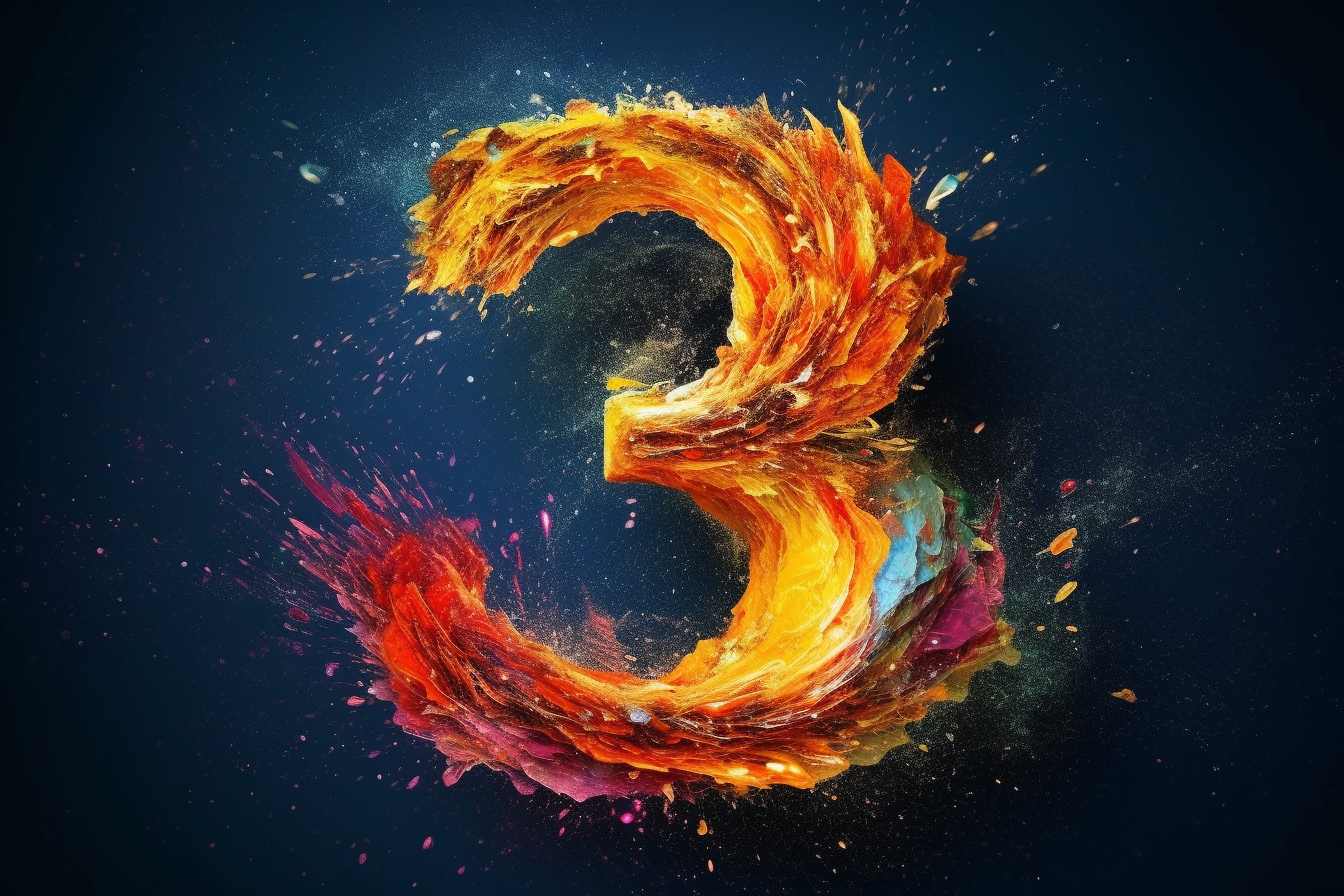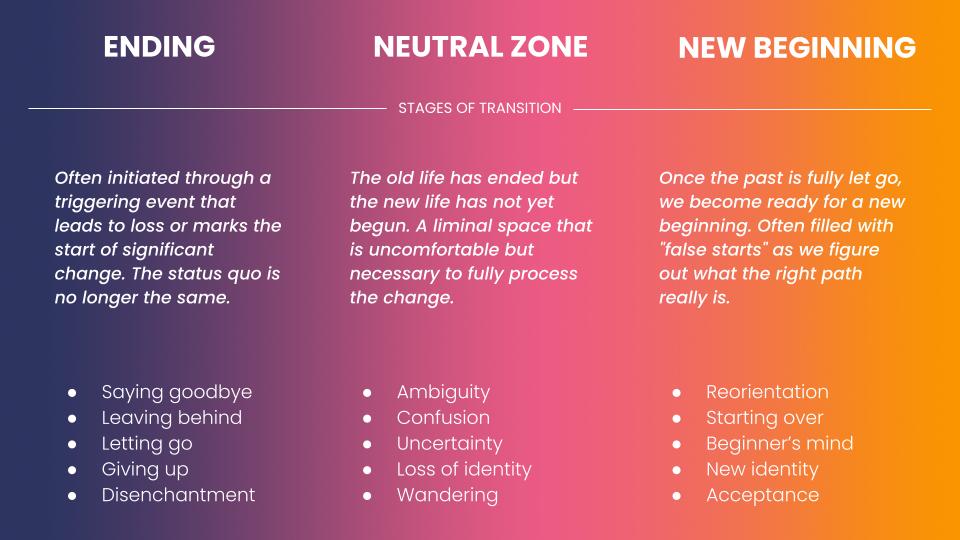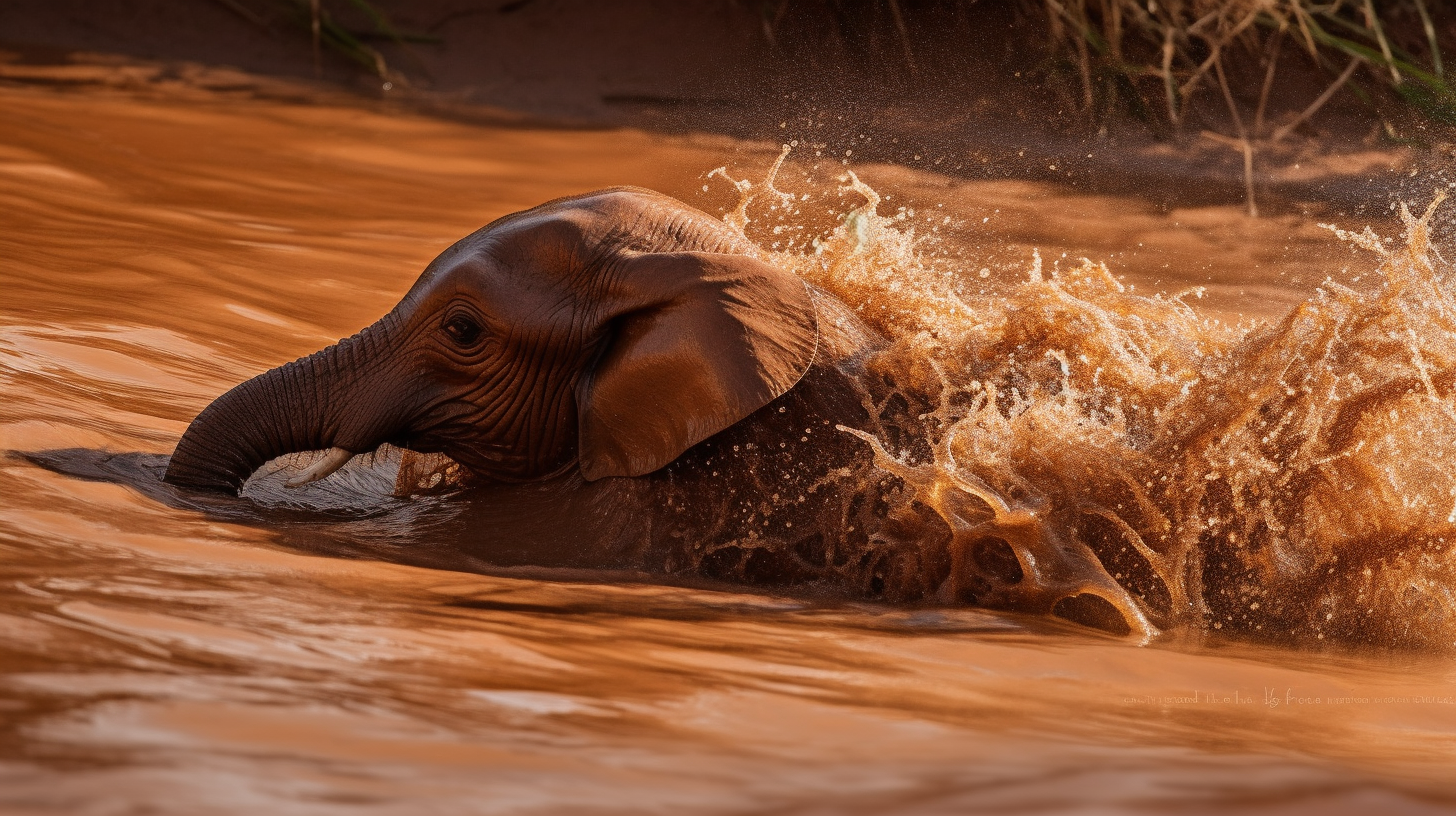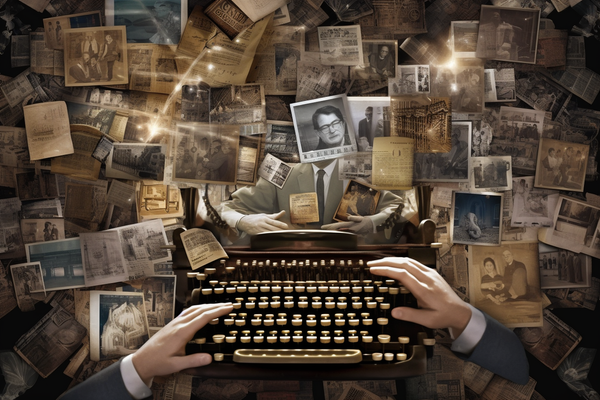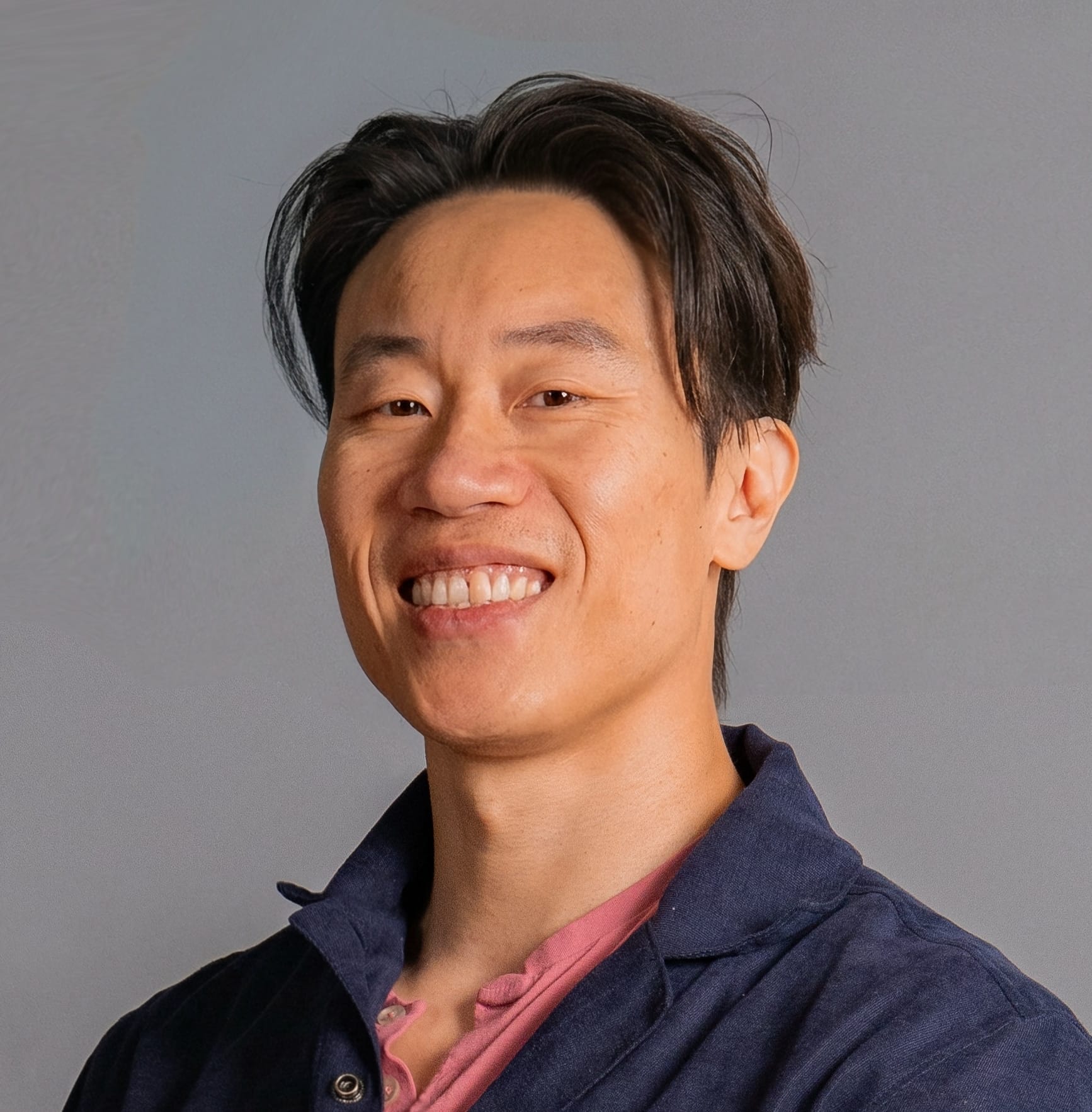Happy Sunday—there's a lot of transition in the air:
My manager gave notice at work last week and we've had some of the most candid conversations I've ever had with a boss at work. I finished a second 6 week resilience training program at work. Meanwhile we'll go through another layoff, focused on the business teams in about a week and a half.
How's your weekend going?
—Jason

What's on deck this week:
- ⚡️ Smile—You're in YC: Capturing the moment of a leap into a new venture
- 🫶 The Ghost Speaks: Notes from the ghostwriter of Agassi, Knight, and Prince Harry
- 🏋🏼 A Crazy Judo Experiment: lessons on mental strength and competition from Cedric of Common Cog
⚡️ Smile—You're in YC!
Below is an excerpt from a memoir writing class assignment from earlier this year. The assignment was to turn a meaningful photograph you have of your life into a passage. To capture that moment in words, to express what the photo felt like then, and now.
After we got into Y Combinator, my cofounders and I had the wherewithal to take a photo.
The young man in the middle named Randy casually drapes his arms around both our shoulders. He’s genuinely happy here, a closed-lipped grin hiding the teeth that only revealed themselves on special outings after a few drinks. His black jacket was a staple, no matter the temperature, and underneath, Randy wore a navy blue shirt with bright yellow lettering proudly proclaiming "California Berkeley, 1868". This is the Randy I want to remember, not the one who withdrew from the world later on.
My two friends and I have seemed different on the surface - two Stanford grads, one from Berkeley, two software engineers, one business guy, two Bay Area natives, and one East Coast transplant—but really, we were three peas in a pod. All Asian American men, starting college in 2004, only a year after the founding of Facebook.
In the photo, my cheeks were still red from post-pubescent acne, and I was wearing a purple, white, and black flannel that was way too tight - the buttons straining against the fabric. My hair was styled into a fauxhawk, and my smile was wide, my adrenaline sky-high. I had given notice at work when I got the YC interview a week earlier, leaping before I had somewhere to land. Outside of the thrill of athletic competition, this is the most exciting single moment I’ve experienced in my adult life.
Kalvin is on Randy’s other side, his smile soft, as fitting his gentle and contemplative approach to life. He’s got a tech long sleeve, quarter zip. Kalvin rarely got worked up about things unless they were ideas he was interested in, so this is a pretty big moment for him too.
Part of adulthood is realizing that good things are rarely complete and utter surprises, while bad things can often blindside you. This then was the last remnant of childhood—the wonderful gift of acceptance delivered via a 40 second phone call.
We were ready to take on the world. Getting into YC felt like a golden ticket—a launch pad to achieve our wildest ambitions. In the waning Saratoga sun, we are joyous, hopeful, and connected.
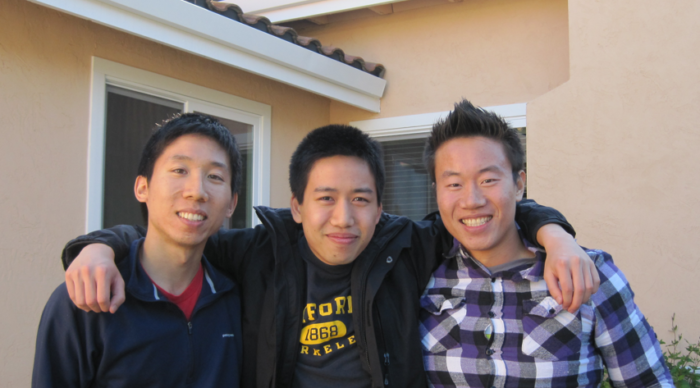
More on my journey with Y Combinator and Ridejoy in CR#114:
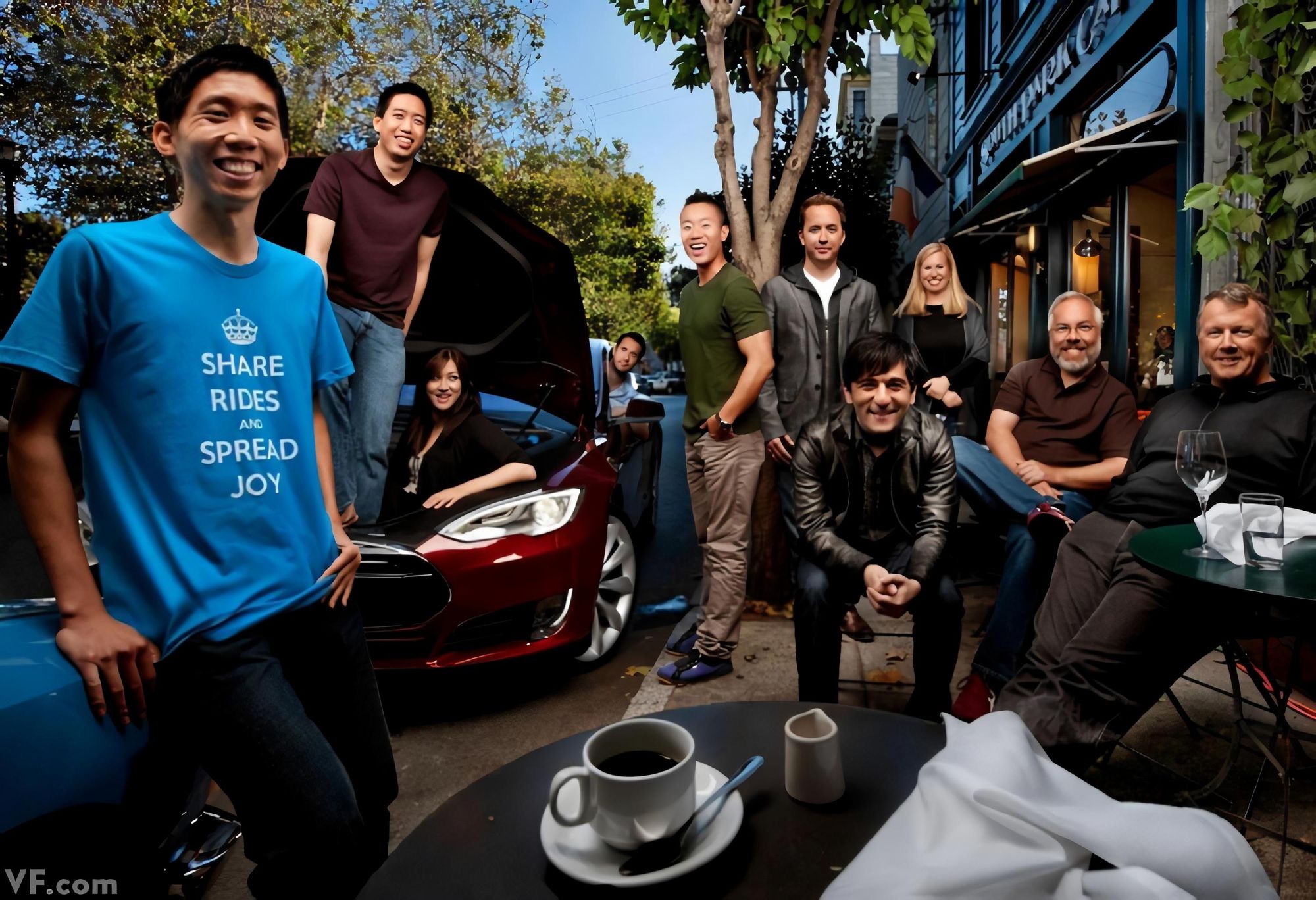
🫶 The Ghost Speaks
The ghostwriter behind Agassi's Open, Knight's Shoe Dog, and the Duke of Sussex's Spare wrote about his journey expressing the voices of others, and rediscovering his own in the process.
I highlighted a couple of my favorite lines—it's a beautiful tale that explores the risks of exposure, the struggle of invisible collaboration, and the healing power of genuine vulnerability.
On the challenges of ghostwriting
At once, the meal turned into a raucous meeting of Ghostwriters Anonymous. Everyone had a hard-luck story about being disrespected, dismissed, shouted at, shoved aside, abused in a hilarious variety of ways by an astonishing array of celebrities, though I mostly remember the jocks. The legendary basketball player who wouldn’t come to the door for his first appointment with his ghost, then appeared for the second buck naked. The hockey great with the personality of a hockey stick, who had so few thoughts about his time on this planet, so little interest in his own book, that he gave his ghost an epic case of writer’s block. The notorious linebacker who, days before his memoir was due to the publisher, informed his ghost that the co-writing credit would go to his psychotherapist.
On the harms of a stiff upper lip
That imperious Windsor motto, “Never complain, never explain,” is really just a prettified omertà, which my wife suggests might have prolonged Harry’s grief. His family actively discourages talking, a stoicism for which they’re widely lauded, but if you don’t speak your emotions you serve them, and if you don’t tell your story you lose it—or, what might be worse, you get lost inside it. Telling is how we cement details, preserve continuity, stay sane. We say ourselves into being every day, or else.
On fighting
I’d worked hard to understand the ordeals of Harry Windsor, and now I saw that I understood nothing. Empathy is thin gruel compared with the marrow of experience. One morning of what Harry had endured since birth made me desperate to take another crack at the pages in “Spare” that talk about the media.
Too late.
Absolutely marvelous piece in The New Yorker by the ghostwriter for Prince Harry, Phil Knight, and Andre Agassi pic.twitter.com/X3GnVugDsu
— Jason Shen (@JasonShen) May 13, 2023
Read it in The New Yorker (or on the wayback machine)
🏋🏼 A Crazy Judo Experiment
Over at Common Cog, my friend Cedric is now writing about his experiment in accelerated expert via Judo. For four months, he trained full-time in judo, in preparation for the Malaysian Senior Nationals. His goal was to exploit some under-appreciated aspects of the sport to gain a seat on the national team.
It was a crazy experiment from day one. He had trained consistently in his youth but now at 33, it had been a few years. He would need to get back into fighting shape, drop into a lower weight class, drill like crazy, and try to beat competitors who had been training for years, not months.
In the Hollywood or viral Twitter thread version of this story, Cedric battles his way to the finals and wins a glorious vicotry (or perhaps loses in dramatic fashion). But in this case, his "arc of mostly failure" had him just narrowly winning his first match in overtime after a left eye gash nearly had him disqualified. And then losing the next two matches immediately.
But this piece unpacks why he lost. His focus on technical skill over "will" or aggressive competitive drive. His lack of training in uncomfortable, unexpected situations. His need to analyze everything rather than make bold decisions with his gut.
On training stronger body language
“Your body language reflects your mental state,” he said, “You look like a wounded animal on the mats.” he told me. “You should use your body language as an indication of your thoughts. Bad body language, bad mental state,” he said, “I expect you to stay upright, to broadcast ‘come at me, let’s go’ when during randori (free sparring), to be eager for drills, to get up faster than your opponent when you’re thrown.” And then: “If you’re hurt, don’t show it. If you’re tired, don’t show it. If you’re hungry, nobody should know.”
On losing focus
This was when I started to go on tilt. We did a gripping drill, and I realised that I had lost depth perception — I couldn’t grab my training partner’s arm before it got to me. I became scared. I tried slowing my heart rate with a box breathing exercise, but it didn’t seem to work. My coach tried to calm me down, but he wasn’t particularly good at this — how could he, when he had never felt fear before a competition? “You can do this, you can win this.” he said, but I couldn’t hear him, it felt like I was locked inside myself.
How weaknesses can be strengths
In a conversation after my experiment concluded, my friend (and former NCAA gymnast) Jason Shen pointed out that my natural thoughtfulness may well be a flaw in Judo (“stop overthinking it!” my coach would tell me time and again) but perhaps a strength in business. Jason then told me the story of one of his teammates, who was just like me (“stop thinking and just do the thing already!”), but who later clerked for a Supreme Court justice and built a fantastic legal career that benefited from his thoughtfulness and attention to detail.
Perhaps the kinds of mental weaknesses that I experienced in Judo are not the same kinds that matter in business?
I don’t yet know, but I’ll tell you when I find out.
Read the piece on Common Cog and see my highlights. Plus my Pushup & Ponder recap video below.
I know we said fewer videos but this is a video about a conversation that you can also read a more in-depth article about!
Recent Issues
